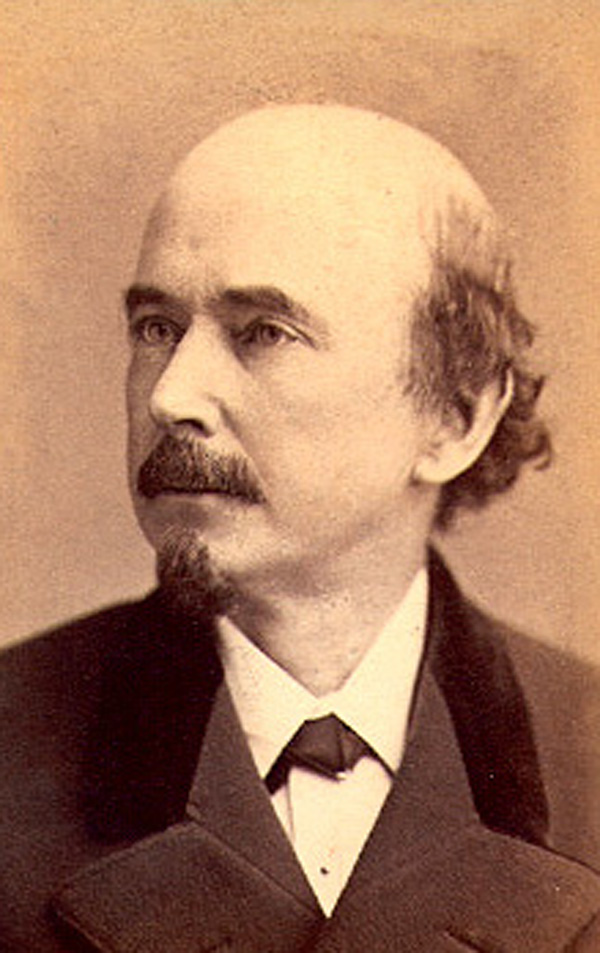|
The title stems from the Sepoy Rebellion
or Indian Mutiny of the mid-19th century. Lucknow is a
city in northern India. It was
well-known story of the time
of a Highland girl who was reported to have heard the
sound of the bagpipes of the relieving force long before
it was audible to any other ears among the besieged in
the Residency at Lucknow. The date of the incident was
September 25th, 1857.
The
following version of the story, from the pen of a lady,
was published in the Illustrated London. News of
December 19th, 1857.
" I
had gone out to try and make myself useful, in company
with Jessie Brown, the wife of a corporal in my
husband's regiment. Poor Jessie had been in a state of
restless excite- ment all through the siege, and had
fallen away visibly within the last few days. A constant
fever consumed her, and her mind wandered occasionally,
especially on that day, when the recollection of home
seemed powerfully present to her. At last, overcome with
fatigue, she lay down on the ground, wrapped up in her
plaid. I sat beside her, promising to awaken her when,
as she said, ' her father should return from the
ploughing.' She at length fell into a profound slumber,
motionless and apparently breathless, her head resting
in my lap. I myself could no longer resist the
inclination to sleep, in spite of the continual roar of
cannon. Suddenly I was aroused by a wild unearthly
scream close to my ear. My companion stood upright
beside me, her arms raised, and her bead bent forward in
the attitude of listening. A look of intense delight
broke over her countenance; she grasped my hand, drew me
towards her, and said :—' Dinna ye hear it ? dinna ye
hear it? Ay, am no dreaming ; it's the slogan of the
Highlanders ! We're saved, we're saved ! ' Then flinging
herself on her knees, she thanked God with passionate
fervour. I felt utterly bewildered. My English ears
heard only the roar of artillery, and I thought my poor
Jessie was still raving. But she darted to the
batteries, and I heard her cry incessantly to the men:—
'Courage! hark to the slogan—to the Macgregors, the
grandest of them a'. Here's help at last.' To describe
the effect of those words upon the soldiers would be
impossible. For a, moment they ceased firing, and every
soul listened in intense anxiety. Gradually, however,
there arose a murmur of bitter disappointment, and the
*wailing of the women who had flocked out began anew as
the • Colonel shook his head. Our dull Lowland ears
heard nothing but the rattle of the musketry. A few
moments more of this death-like suspense, of this
agonising hope, and Jessie, who had again sunk on the
ground, sprang to her feet, and cried in a voice so
clear and piercing, that it was heard along the whole
line Will ye no' believe it noo P The slogan has ceased
indeed, but the Campbells are comin'. D'ye hear P d'ye
bear?' At that moment we seemed indeed to hear the voice
of God in the distance, when the bagpipes of the
Highlanders brought us tidings of deliverance; for now
there was no longer any doubt of the fact. That shrill,
penetrating, ceaseless sound, which rose above all other
sounds, could neither come from the advance of the enemy
nor from the work of the sappers. No ; it was indeed the
blast of the Scottish bag- pipes," &c.
According to this version of the story, it was not the
bag- pipes which Jessie first heard, but the battle-cry
(" slogan ") of the Highlanders. It is probable,
however, that " slogan " is the narrator's word, for
other versions of the story substitute " pibroch." And
if the bagpipes were playing at all, undoubtedly their
shrill strains would rise above the shouts of men and
the rattle of musketry.
 |
Jessie Brown;
or, The relief of
Lucknow
became a drama in three acts. Written by Dion
Boucicault and Published in 1858, it was first
performed at Wallacks Theater in New York in
1858. Dionysius Lardner Boursiquot (26
December 1820 (or 1822) – 18 September 1890),
commonly known as Dion Boucicault (Dee-on
Boo-se-koh), was an Irish actor and playwright
famed for his melodramas. By the later part of
the 19th century, Boucicault had become known on
both sides of the Atlantic as one of the most
successful actor-playwright-managers then in the
English-speaking theatre. The New York Times
heralded him in his obituary as "the most
conspicuous English dramatist of the 19th
century." |
|



